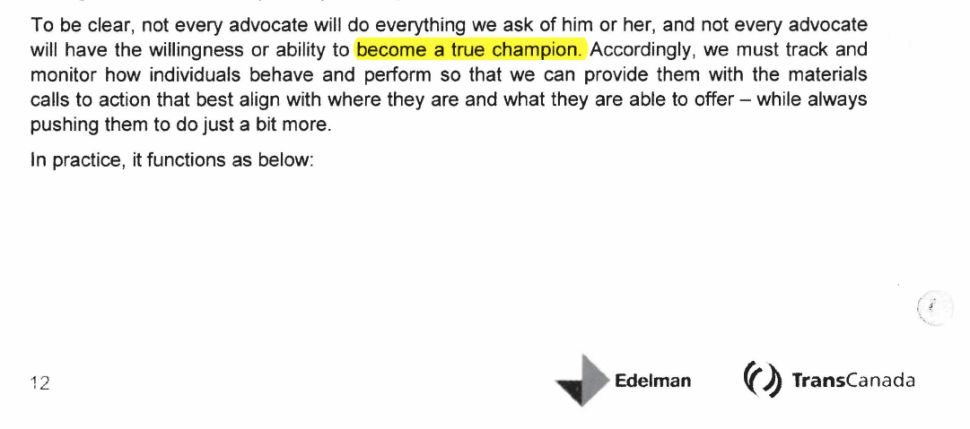
I highly recommend the fantastic book Blood in the Machine by Brian Merchant, which delves deep into the history of the Luddite movement in early 19th-century England. Sounds boring? It's anything but. A tale of murder, rebellion, greed, and workers trying to hang onto their jobs and feed their families, it's as much about today as it is the dawn of the Industrial Revolution. — Read the rest

Brian Merchant hails the worst tech of 2023, an anti-gift guide for the holiday season that "sits atop an intersection of so many discouraging trendlines that I can't help but get depressed by them." The authority-friendly Amazon Ring doorbell, which looks out but sees within, is a solid pick—as is well-hacked ethnicity-testing site 23andMe, also authority-friendly. — Read the rest

Vice's science-based Motherboard vertical is turning its attention to the DUNE-iverse. Motherboard Does Dune. For the last week, the staff has been hosting a weekly Twitch stream focusing on science topics related to the franchise. Motherboard staffers Edward Ongweso Jr., — Read the rest

The New York Times has been publishing a series of "Op-Eds From The Future," giving fiction writers a chance to imagine our hellish circumstances to come.

Tech reporter and sf writer Brian Merchant (previously) calls our attention to the peculiar construction of the problem statement in articles about automation and obsolescence, in which "robots are coming to steal your job."

On Motherboard, Brian Merchant's (previously) new science fiction story The Convoy poses an eerily plausible future for political deepfake hoaxing — with James O'Keefe-alikes running the show — that skillfully weaves in elements of the Innocence of Muslims hoax with the current state-of-the-art in high-tech fakery. — Read the rest

In 2017, Pricewaterhousecooper published Using science fiction to explore business innovation, a guide for corporations that wanted to work with sf writers to think about the future of their businesses; it was part of a wave of corporate interest in the insights of sf writers, which also coincides with a parallel trend in academia (see, for example, ASU's Center for Science and the Imagination and UCSD's Clark Center for Human Imagination, both of which I have some involvement with).

It is routine for companies — and even individuals — to send emails with "beacons," transparent, tiny images that have to be fetched from a server. Through these beacons, companies can tell whether you've opened an email, whom you've forwarded it to, and even your location from moment to moment.

Lev Grossman, author of the Magicians trilogy, reviews Brian Merchant's origin story of the iPhone, called The One Device, in the NY Times:
Snip:
If you've ever worked on a hopeless project that felt like it was going nowhere, you will draw spiritual strength from Merchant's account of life in the Purple trenches.
— Read the rest

Vice today published a 5-part, deeply reported and researched science fiction series about what happens after the a massive earthquake hits an American city.

In 1974, the US National Institute on Drug Abuse commissioned sf giant Robert Silverberg to research and write Drug Themes in Science Fiction," a survey of 75 sf stories and novels that included fictional psychoactive drugs.

@RoboRosewater is a twitter account that posts, once a day, a Magic: The Gathering card generated by a recurrent neural network. [via Ditto]
This is an implementation of the science described by Vice's Brian Merchant in this article.
Reed Morgan Milewicz, a programmer and computer science researcher, may be the first person to teach an AI to do Magic, literally.
— Read the rest

The leaked slides were prepared by Edelman, the largest PR company in the world, at the behest of Transcanada, and they constitute a blueprint for tracking and influencing platform that spies on its participants in order to psychologically profile them and nudge them into becoming advocates for the oil industry.

Ukraine's dictatorship is revelling in its new, self-appointed dictatorial powers. The million-plus participants in the latest round of protests received a text-message from the government reading Dear subscriber, you are registered as a participant in a mass disturbance.













